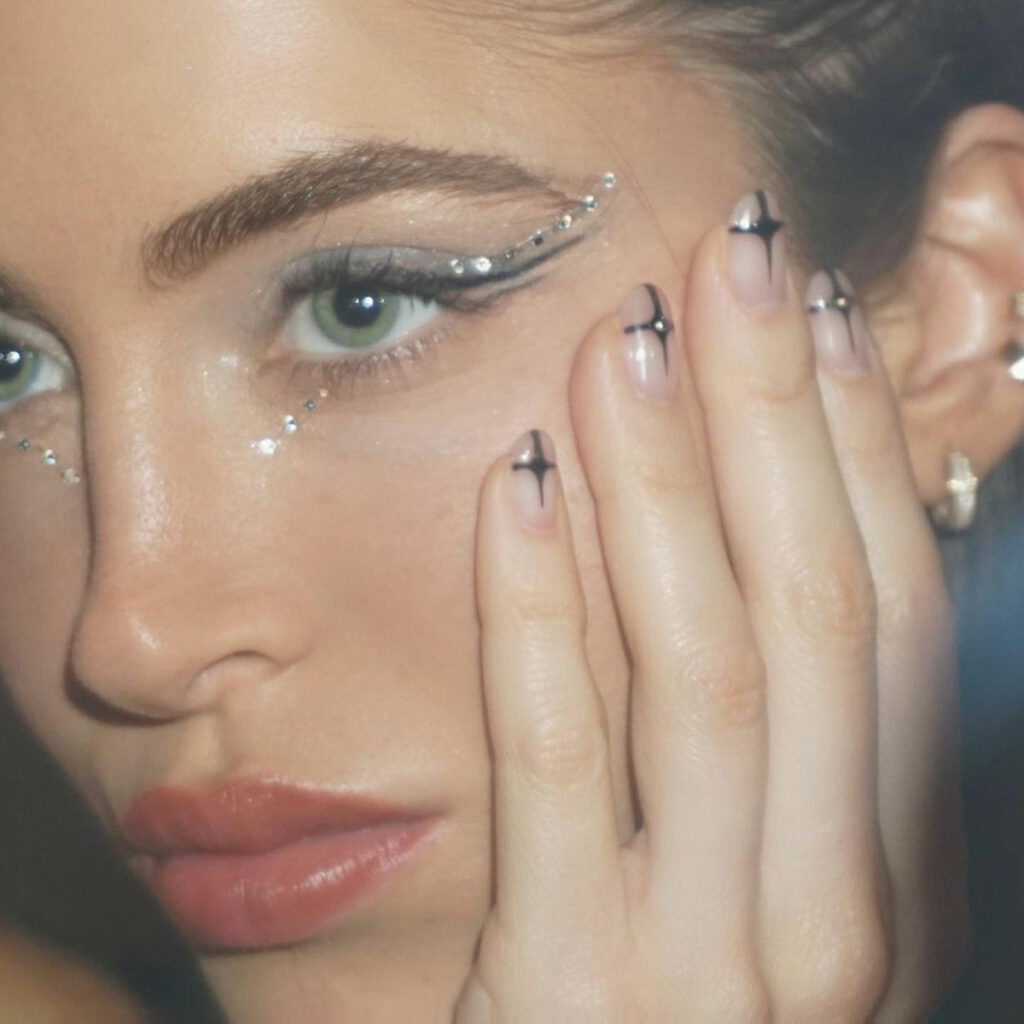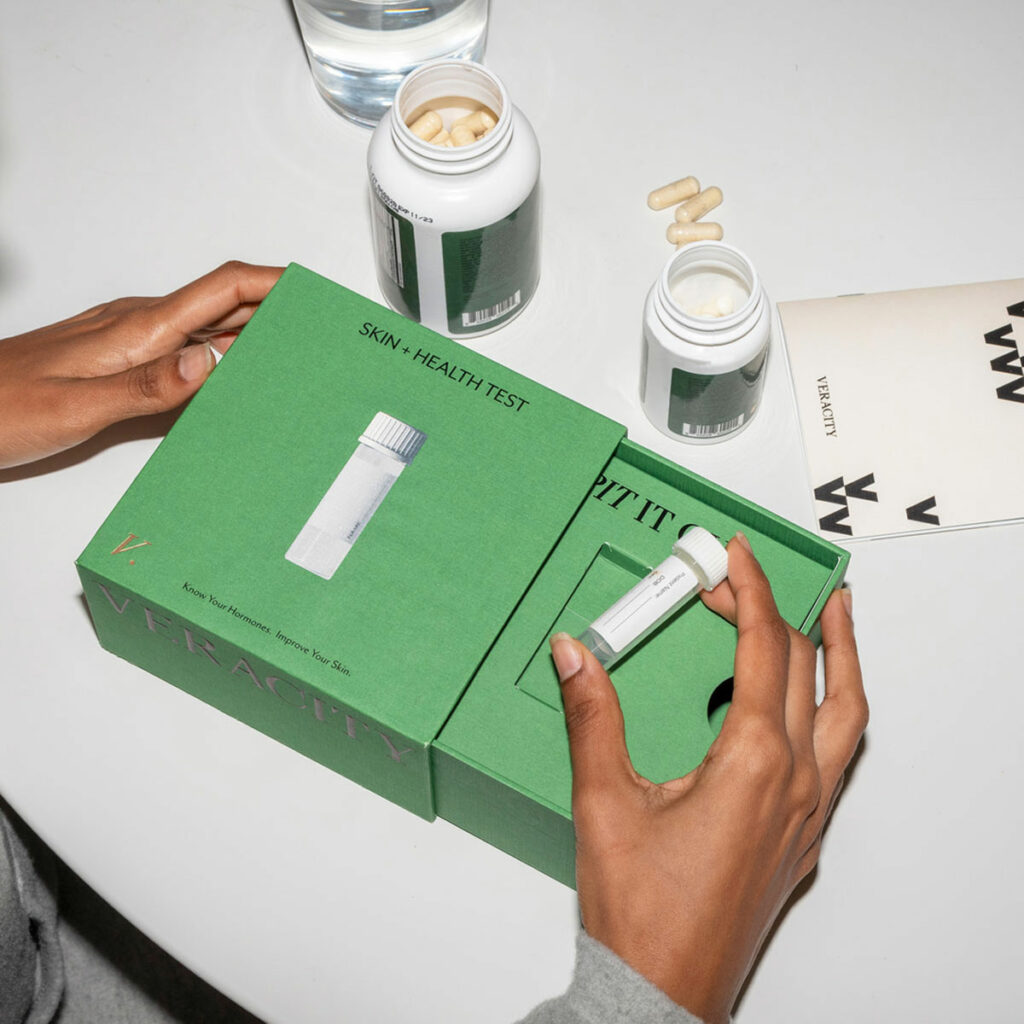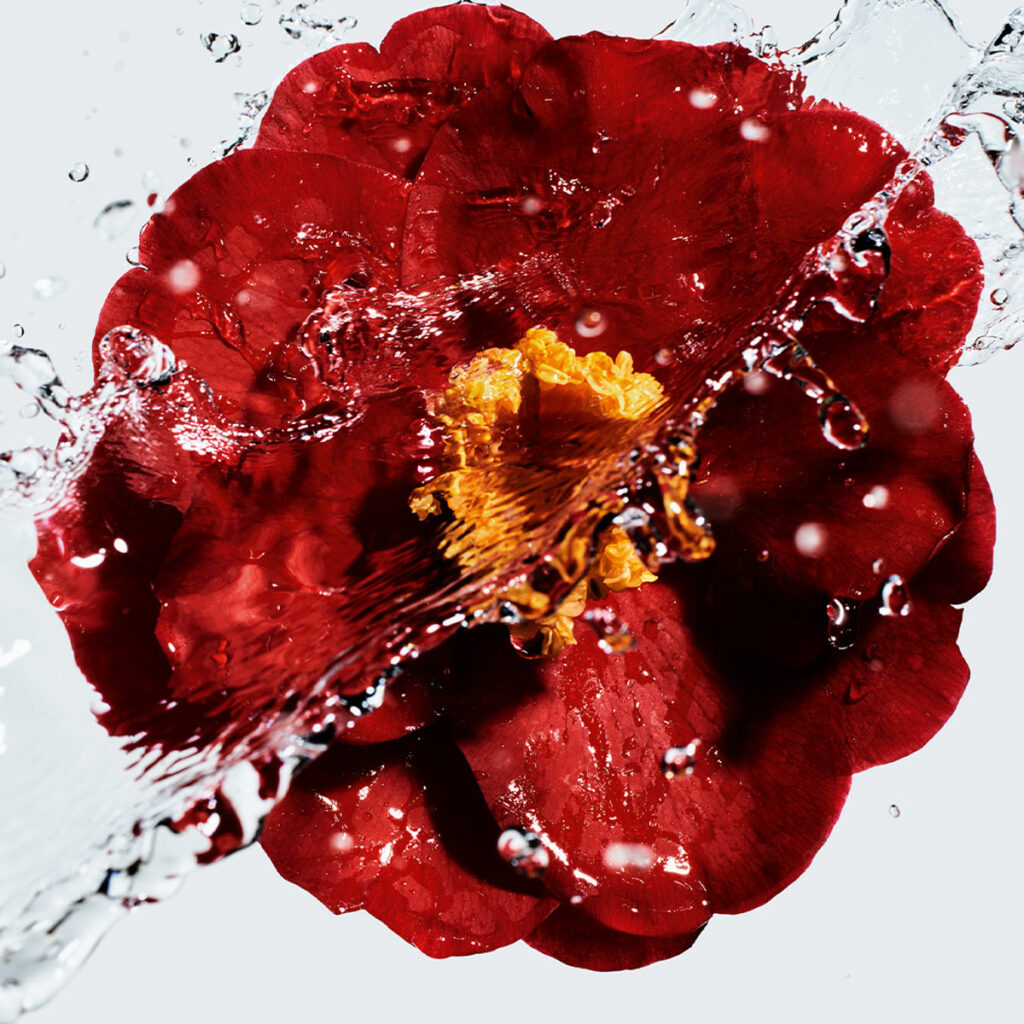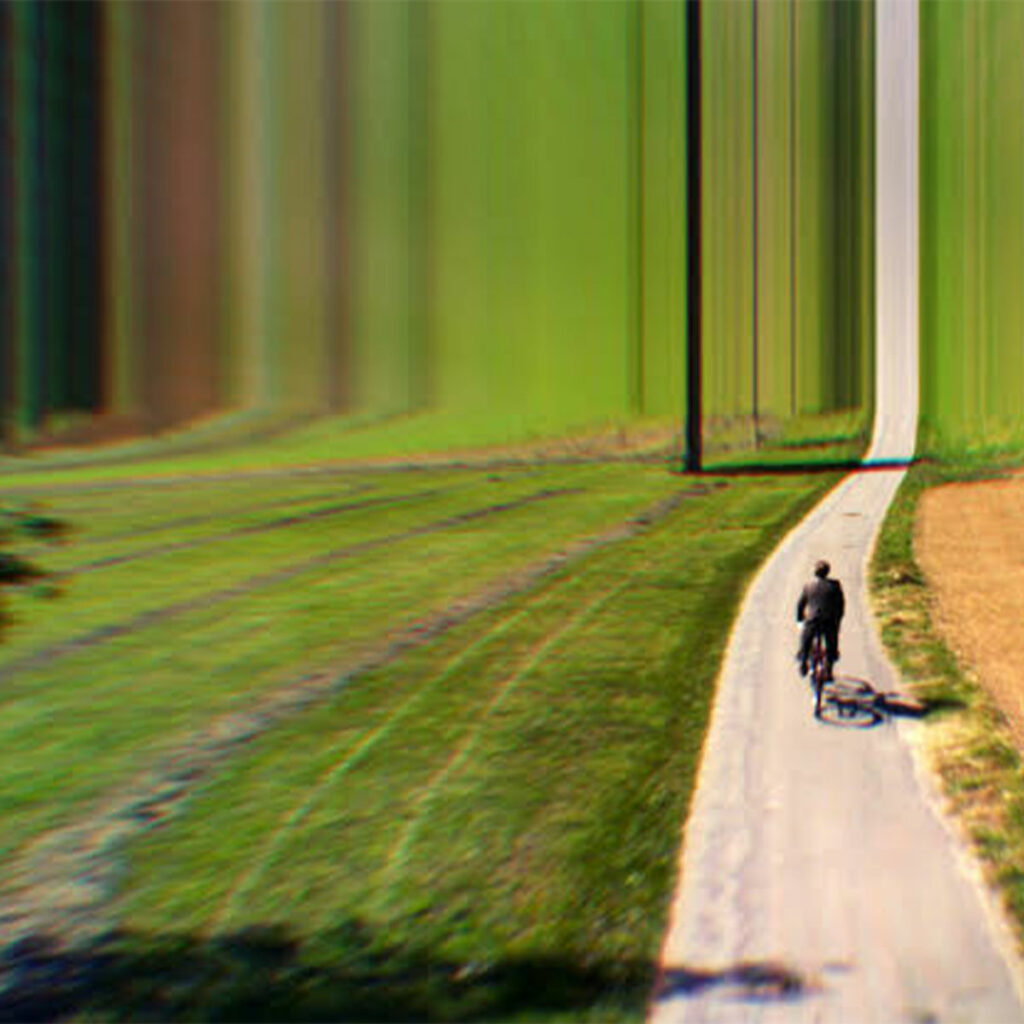Although the relationship between psychedelics and mental health is not a new conversation, it is becoming more visible and relevant daily. In fact, the term microdosing reached a global all-time Google search peak in August 2022. A whole new world opened its doors to me when I, along with the world, read Michael Pollan’s How to Change Your Mind: The New Science of Psychedelics in 2019, a pioneering book that lifted the age-old stigma around psychedelics treatments. Since then, the studies and trials regarding the beneficial effects of psilocybin, aka magic mushrooms, LSD, MDMA, ketamine, and mescaline, have started getting more funding and interest than ever. And more and more neurologists and neuroscientists work on unraveling the effects of psychedelics on mental health problems such as anxiety, depression, OCD, alcoholism, and PTSD, how to pair psychedelics with psychotherapy, and how these treatments can help rewire the brain for the better. In fact, Pollan himself co-founded the UC Berkeley Center for the Science of Psychedelics in 2020. These academic studies are paving the way to changing how psychedelics are perceived in everyday life, and this year the conversation became even louder. In July 2022, two years after the popular documentary Have a Good Trip, Netflix released Pollan’s four-part docuseries, How To Change Your Mind, opening up new horizons and possibilities for millions worldwide. Last week, psychedelic health insurance administrator Enthea raised $2 million and was expected to grow to $600 million by 2026, which shows that the usage of psychedelic therapy in everyday life is increasingly accepted. Currently, the mainstream focus is on psilocybin and ketamine treatment, and healthcare start-up companies, healing centers, and clinics from all over the globe are looking for new ways to offer mental wellness. Some trailblazers are Field Trip, Synthesis, Mindbloom, Wholeness Center, Compass Pathways, Nue Life, MycoMeditations, and Silo Wellness. On the non-psychoactive side, mushrooms have found their way into effective skincare formulas. The daily intake of functional mushrooms (meaning ones that won’t make you trip and are totally legal) like reishi, cordyceps, chaga, and lion’s mane has already become widely accepted thanks to brands like Rainbo, FreshCap, Om, Real Mushrooms, Hokkaido Reishi, Four Sigmatic, Earth & Star, Rasa, and Rritual. These supplements come in various forms, such as tinctures, powders, gummies, etc. They aim to promote stress management, mood regulation, focus, and relaxation, as well as anti-inflammatory and antioxidant effects.
Image courtesy of Netlix







